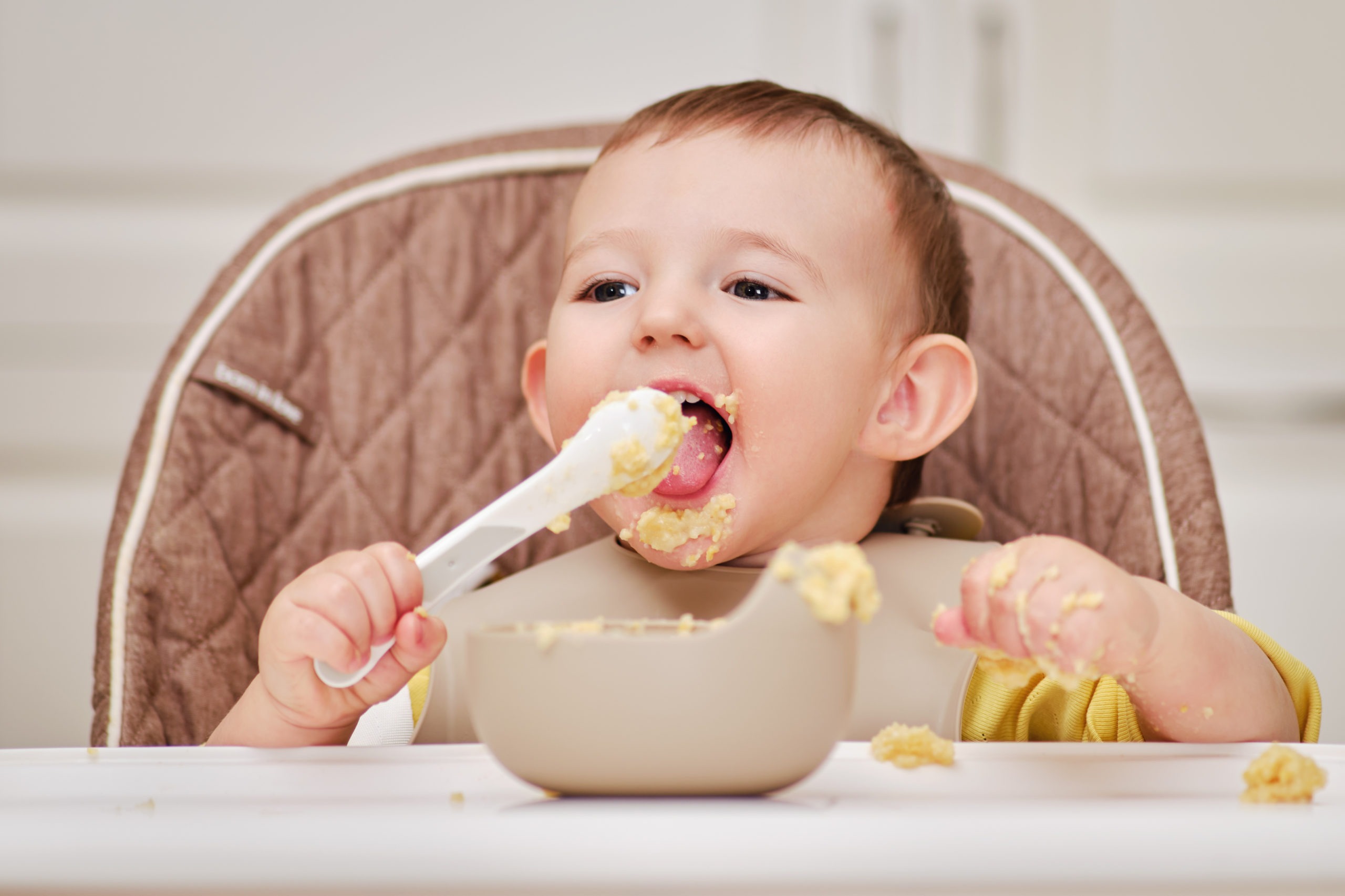If you’re a parent, you’re probably already familiar with the baby food aisle at the grocery store. But if you haven’t started your little one on solids yet, it can be overwhelming to figure out what foods are safe and which ones aren’t.
According to myserenitykids.com, while most of the foods on this list are well-known to parents and caregivers, it’s often new to hear about why some foods should be avoided. This article provides a lot of healthier alternatives to the foods listed below.
Here are some quick tips as to why these particular items shouldn’t be given to your baby:
1. Fruit Juices
It’s common to think that fruit juices are healthy when they generally aren’t. Most fruit juices contain excess heavy metals and processed sugar, which isn’t healthy for infants. Serenity Kids and other platforms do an in-depth analysis of the side effects of heavy metals on infants.
Most pediatricians recommend abstaining from giving a toddler juice until after the age of one. The calories found in fruit juices are highly imbalanced and aren’t beneficial in the way that baby formula and breast milk are. Even as they get older, fruit juices should be given in small quantities as they may contribute to obesity and tooth decay.
A good alternative is to feed your infant whole fruits instead. These should be mashed up or in pieces that are easily swallowed and not choked on.
2. Honey
You should be cautious when introducing honey to your baby. While it can be a natural source of sweetness, it’s not recommended for babies under one year old as this may be a source of infant botulism. This is a disease caused by a toxin made from Clostridium botulinum, which resides in soil. The bacteria can easily infect surfaces like carpets and floors and can be found in honey.
Older children and adults have no fear of getting the disease as their digestive systems are mature and can remove the toxin from their bodies before it can cause any damage.
If you have an infant who has started solids and is six months or older and you insist on introducing honey into their diet, then you can use honey in moderation. However, make sure that the honey has been pasteurized first. This will prevent any potential risks associated with consuming raw foods.
3. Dairy Products
Some mothers believe that milk is a healthy substitute for breastmilk, which is a misinformed opinion. Baby formula is a better alternative to breast milk for infants as it’s designed to be more balanced in nutrition.
You may be surprised to hear that full-fat dairy products like cow’s milk and cheese aren’t recommended for babies. This is because the milk doesn’t help fulfill any nutritional needs—it’s generally a poor source of iron. As with honey, milk shouldn’t be introduced before the age of one. Full-fat dairy can cause allergies, so it’s best to start with low-fat or non-dairy alternatives instead.
Unpasteurized dairy products such as raw milk and soft cheeses contain harmful bacteria that can cause diarrhea, vomiting, and fever. They may also cause serious illnesses, including death. Avoid unpasteurized milk, cheese, ice cream, and yogurt.
4. Shellfish Or Fish Containing Mercury
Limit the amount of fish you give your baby to no more than two servings a week. Mercury is a neurotoxin that can be harmful to a baby’s developing nervous system. It can also be found in tuna and swordfish—two types of fish that are best avoided altogether during the first year of life.
5. Large Amounts Of Soy
Soy is a legume that can be hard to digest for very young babies. It contains phytoestrogens, which are compounds found in plants imitating estrogen, the primary female sex hormone. These phytoestrogens may interfere with the body’s natural hormone balance and cause symptoms such as gas, bloating, and stomach pain.
If you’re feeding your baby soy formula, talk to your pediatrician about this concern. If needed, he or she may recommend switching to another type of infant formula such as one derived from cows’ milk.
6. Anything Salty
Salt can cause dehydration, which isn’t good for babies. Babies don’t need salt, and too much can cause stomachaches and make them feel sick. Salt can also lead to high blood pressure in babies.
Before the age of one, a baby’s kidneys aren’t developed enough to efficiently filter out large amounts of salt. Look for no-salt-added packaged foods like tomato sauces.
7. Excess Sugar
Excess sugar is a common ingredient in many packaged foods. While toddlers and infants do need calories, the calories provided by processed sugar are harmful to infant development. The consumption of added sugars, research has shown, is associated with obesity, diabetes, and other conditions later on in the child’s life.
When it comes to feeding your baby solid food, avoid these sweetened treats:
- Canned and frozen fruits (frequently have added sugar)
- Sweetened cereals (often have more sugar than you’d think)
- Sweet treats (candies, licorice, gummy bears, etc.)
Conclusion
We hope that this list of foods to avoid when starting solid foods helps you feel more confident about your child’s diet. As always, if you have any questions or concerns, please talk with a medical professional.
